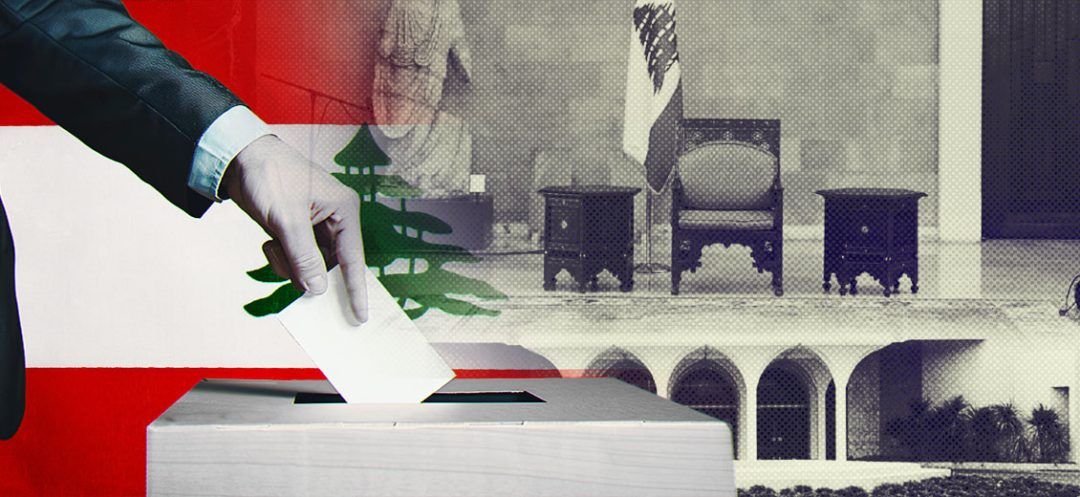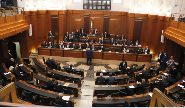
Recent discussions have highlighted a renewed push by the Quintet – consisting of the United States, Saudi Arabia, France, Qatar and Egypt – to break the deadlock in the Lebanese presidential election. If confirmed, this initiative would currently be carried out on two levels: Saudi and French. Particular attention has been drawn to the meetings held by Saudi Ambassador Walid Bukhari, especially with Speaker Nabih Berri. Bukhari then traveled to Saudi Arabia for what was described as a family visit, and will resume his consultations upon his return to Beirut.
At the same time, France is actively trying to find a solution to the stalemate over the presidential election. This is reportedly on the agenda of a meeting between President Emmanuel Macron's special envoy for Lebanon, Jean-Yves Le Drian, and Nizar al-Alula, the advisor to the Royal Saudi Cabinet in charge of the Lebanese dossier. Le Drian, currently in Saudi Arabia in his capacity as Director of the French Development Agency in AlUla, will hold the meeting on Thursday.
According to reports, France has asked Saudi Arabia to intervene, in particular with the Lebanese Forces (LF), to persuade them to accept the dialogue on the presidential election proposed by Speaker Berri. Paris believes that, for the time being, this is the only way to unblock the presidential stalemate. The French authorities view the LF as the last major group opposing Berri’s initiative, and a shift in their stance is considered vital for resolving the presidential vacancy at Baabda Palace.
In response, sources from the LF stated that they have no new updates on the presidential file and have not been informed of any French attempt to pressure them. They emphasized that even if such an effort exists, it is unlikely to succeed. The LF remain steadfast, with party leader Samir Geagea repeatedly asserting that presidential elections must take place in Parliament, and that any dialogue should occur only after the ballot, and not before.
In this same context, sources familiar with the Quintet Committee’s efforts indicate that it is not seeking to impose choices on the Lebanese parties regarding the presidential deadline. Rather, its goal is to expedite the election of a president without delving into the minutiae of any initiatives, consultations or dialogues. Its primary focus is ensuring that Parliament meets in open, consecutive sessions to elect a president who, in conjunction with an effective government, can resolve Lebanon’s crises, restore its stability, and maintain its international and Arab relationships. According to these sources, the election of a president has become an imperative necessity for Lebanon. Only a legitimate president can represent the country in regional negotiations and ensure that Lebanon is not involved in regional conflicts or used as a battleground for settling scores.
It is crucial that this president safeguard the interests of Lebanon and the Lebanese, and avoid dragging the country into regional turbulence.
Read more



Comments